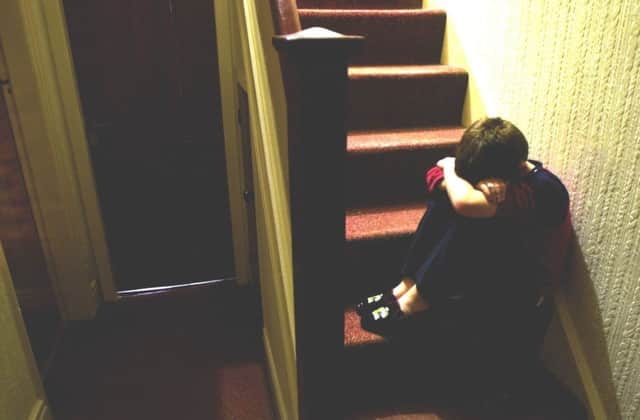Warning over '˜pinball kids' being moved around the care system


Anne Longfield launched a new report on stability in social care that said 2,000 children had a change of care placement, school and social worker in a single year.
One in ten children in care experienced multiple changes in their care placement in 12 months, over 7,000 in total, often requiring a change of school.
Advertisement
Hide AdAdvertisement
Hide AdA quarter experienced two or more changes in their social worker - nearly 18,000 youngsters.
As well as being damaging to their performance at school, the upheaval experienced by many children in care risks exacerbating behavioural and emotional difficulties, researchers warn.
The setbacks can make it more difficult for children to establish relationships, which in turn can lead to placements breaking down and a deeper sense of isolation.
Ms Longfield, who was raised in Otley, said: “Children in the care system crave stability, just like any other child.
Advertisement
Hide AdAdvertisement
Hide Ad“Especially for these kids, having reliable, consistent adults in their lives is critical to helping them flourish and overcome problems they may have experienced in the past.
“Sometimes changes are unavoidable and occur for the right reasons. But when ‘pinball kids’ are pinged around the system, it can damage them and their future prospects.
“Many of these children enter care with complex issues and are highly vulnerable. We must find a better, more consistent way of meeting their needs.”
Around 50,000 children in care, 71 per cent, experienced some type of change - placement, school or social worker - during the period analysed between 2015 and 2016.
Advertisement
Hide AdAdvertisement
Hide AdOne in 10 moved school in the middle of the academic year, three times the national rate.
Changing placement increases the chances of having to move school, however in just over half of cases children changed school without moving placement.
Ms Longford heard that one girl had not been to school for two years because she was in and out of care, while another was told she would be changing schools in the middle of her GCSEs by text.
The report has introduced a Stability Index, a new measure of continuity in children’s care to help authorities track progress in reducing unnecessary changes and or unplanned moves.
Advertisement
Hide AdAdvertisement
Hide AdOver the next year Ms Longfield is leading a project aimed at addressing educational inequality in the north of England.
She will be joined by a panel of politicians, academics, sports, charities and cultural leaders for her growing up north project, which will gather data on children in the region to examine factors that influence their progression.
Writing for The Yorkshire Post earlier this year, Ms Longfield said: “There are 3.6 million children growing up in the North and every one of them should have the brightest future possible and best opportunities to look forward to happy, healthy and prosperous lives, wherever they live.
“Nobody would disagree with that. But for too long, not enough has been done to make it a reality.”
She added: “I believe this is the North of England’s once in a generation moment.”